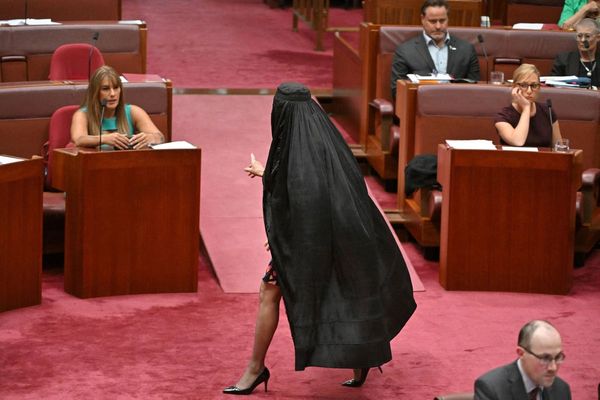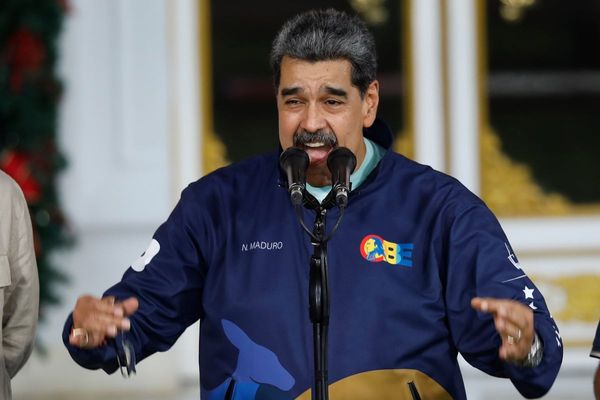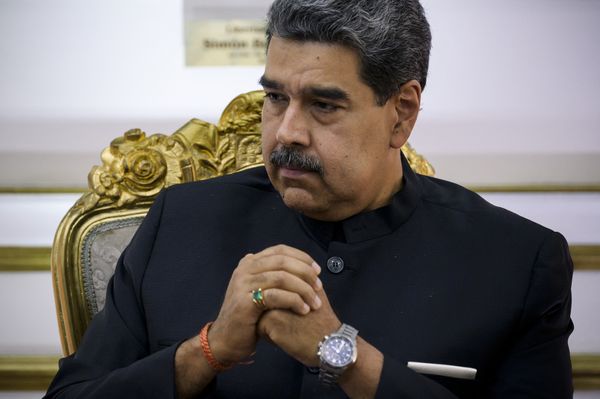
When I was little, I thought hell was a fiery pit beneath the Earth’s surface. The image was vivid: flames, tortured souls and a cartoonish devil with a pitchfork.
Now that I’m an adult, I know better. Hell is actually a parent WhatsApp group.
The parent WhatsApp group – known colloquially as Satan’s Slack channel – is one of those parenting surprises no one warns you about. People tell you about the sleepless nights, the lost identity and the toys that reproduce overnight. But no one says: “You’ll one day discuss nits with 30 adults as though global peace depends on it.”
What began as a simple way to share school updates has mutated into a relentless stream of chatter. There are simply too many messages. You wake up to messages, you go to sleep to messages, you duck into a meeting and come back to 64 unread notes about sunscreen. Linda has posted the same information seven times because she doesn’t trust anyone to read it. Which, to be fair, is accurate.
When I was growing up my parents got information the old-fashioned way: crumpled notes in backpacks and gossip at pickup. They weren’t part of a digital micro-community of helicopter-adjacent strangers debating uniform policy. They didn’t refresh their phones at 9.38pm to discover that it’s going to be Harmony Day and every child needs to wear “something representing their heritage”.
My parents didn’t live in constant communication with other parents. They weren’t expected to be this connected, worrying about real-time reminders. And maybe, I’m going out on a limb here, that distance was healthy.
I don’t say this lightly … I think WhatsApp is ruining parenting.
I don’t think it’s evil, per se. In fact, it’s one of my favourite apps for keeping in touch with friends abroad. But the problem is: it’s always on. School parenting used to happen at drop-off, pickup and during homework battles at the dinner table. Now it happens first thing in the morning in bed, 11 minutes later in the bathroom and while sprinting through Kmart before school to find a T-shirt that screams “my child is Cuban-Italian”.
There’s no off switch. Go offline for an hour and suddenly everyone else knows that swimming starts this week, not next, that the assembly’s been moved (again), and that Sharon’s selling year 1 tea towels for charity and you were supposed to submit your child’s portrait last Tuesday.
These groups are built for people who are permanently available and find deep meaning in the phrase “quick reminder”. They are not built for me. Or anyone with boundaries. Or a child.
Here’s the hypocrisy of it all: we limit our kids’ screen time, tell them to be present and post quotes about how “childhood is a short season” to our 600 Instagram followers. Then we feel pressured to check our WhatsApp 16 times a day, watching the theatre of parenting confusion unfold in real time.
And it is theatre. The WhatsApp group act is part coordination, part performance. Every “thanks for the reminder” is less about gratitude and more about signalling: “I’m a good parent too, I swear.” Even if I forgot the bake sale once. Or twice. Fine, three times.
I’m worried it’s making us all a bit dumber. Because if the information lives in the group, we stop paying real attention. We rely on the collective brain, on someone else (probably Linda) to notice, remind and repost. It’s the parenting equivalent of a get-out-of-jail-free card. Maybe things would be simpler if our only option was talking to people in public.
The worst part? I’ve become complicit. I can’t quit. Somewhere along the way, I volunteered to be the WhatsApp rep for my daughter’s class. I haven’t slept properly since.
I used to worry about my heart health. Now I worry that I’ll die suddenly and come back as the eternal moderator of every year 2 WhatsApp group, trapped forever between reminding people about permission slips and guilt-tripping them about class fundraisers.
All I want is a note in the backpack or a quick chat at pickup. I’m craving an actual conversation with a teacher instead of ignoring her because I’ve already checked WhatsApp four times between leaving my car and getting to the gate.
I want a little space back. A crack in the digital noise. I miss the quiet confidence of not knowing everything all the time. The small mystery of what happens to my kids between drop-off and pickup. The trust that things will be fine, even if I’m not across every single message.
Maybe that’s the real lesson of modern parenting? Not to be more connected but to remember that it’s OK to step back. That missing something isn’t failing. It’s freedom.
• Sean Szeps, a writer, podcaster and content creator, is the author of Not Like Other Dads and has released his debut children’s single, It’s Poo Time, co-written with Josh Pyke







